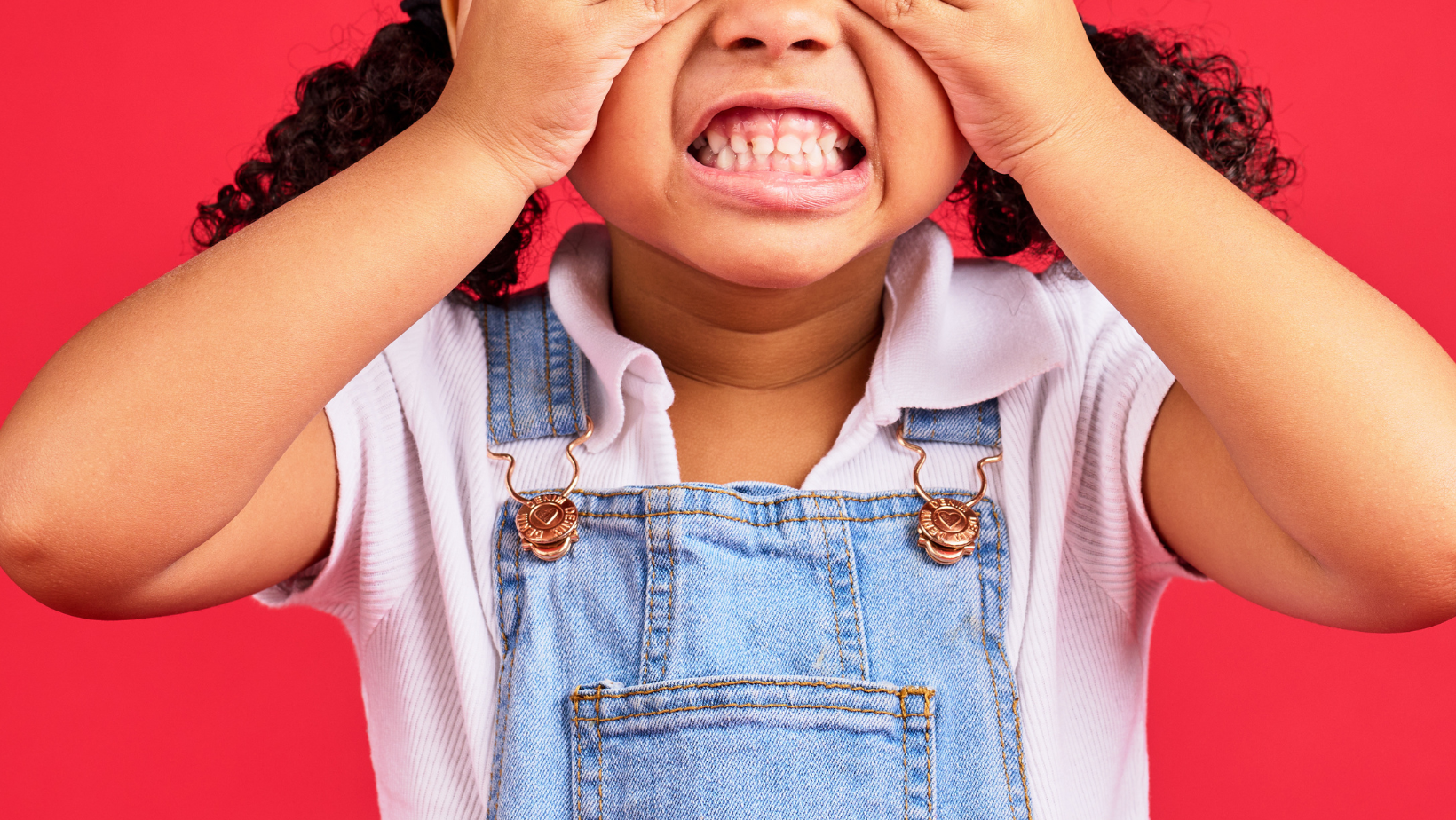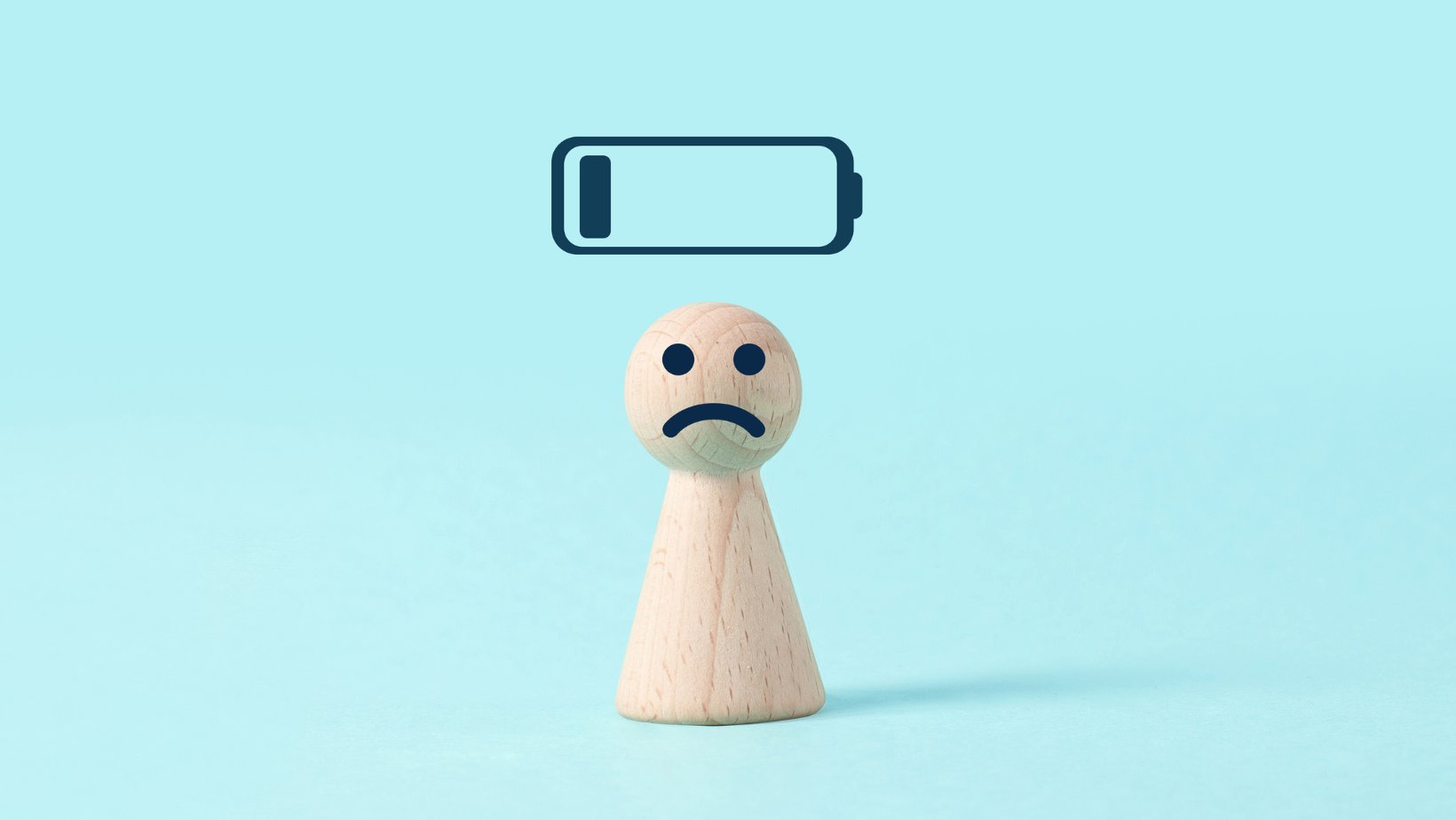Blog: The Silent Struggle: Why Child Depression Is a Bigger Deal Than You Think?
In a world where children are often seen as carefree and full of boundless energy, it may come as a surprise to many that child depression is a real and pressing issue.

In a world where children are often seen as carefree and full of boundless energy, it may come as a surprise to many that child depression is a real and pressing issue. While we're well aware of the challenges that adults face, it's crucial to acknowledge that children can also experience depression, which can have a significant impact on their lives. In this article, we'll delve deep into the topic of child depression, exploring its causes, symptoms, and potential ways to address and prevent it.
What is Child Depression?
Child depression, often referred to as pediatric depression, is a mental health condition that affects the emotional well-being of children and adolescents. While it may not manifest in the same way as depression in adults, it is no less serious. Children experiencing depression often struggle with persistent feelings of sadness, hopelessness, and a loss of interest in activities they once enjoyed.
Recognizing the Signs
Recognizing the signs of child depression is crucial for early intervention and support. Some common signs and symptoms include:
1. Persistent Sadness
Children with depression often exhibit prolonged periods of sadness or irritability. This sadness can be unrelated to any particular event, making it challenging to pinpoint the cause.
2. Changes in Appetite and Sleep Patterns
Depression can affect a child's eating and sleeping habits. They may experience changes in appetite, resulting in weight gain or loss. Sleep patterns may also be disrupted, with some children struggling to fall asleep or sleeping excessively.
3. Lack of Interest
A marked decrease in interest or pleasure in activities that the child used to enjoy is a clear indicator of depression. Hobbies, sports, and social interactions may lose their appeal.
4. Fatigue and Lack of Energy
Children with depression may feel constantly tired, lacking the energy to participate in daily activities. This fatigue can be both physical and emotional.

5. Academic or Behavioural Issues
Depression can impact a child's performance at school. They may have trouble concentrating, be irritable, and display disruptive behaviour.
6. Physical Complaints
In some cases, children may express physical symptoms such as headaches or stomachaches, which may be a manifestation of their emotional distress.
What Causes Child Depression?
Child depression, like depression in adults, can have various causes. It's essential to understand that there isn't always a single, clear-cut reason. Instead, it's often a combination of factors that contribute to a child's depression:
1. Genetics
There is evidence to suggest that genetics play a role in child depression. If a child has a family history of depression, they may be more predisposed to experiencing it themselves.
2. Environmental Factors
Stressful life events, such as the loss of a loved one, parental divorce, or exposure to violence, can significantly impact a child's mental health. The environment in which a child is raised can either contribute to their resilience or make them more vulnerable to depression.
3. Chemical Imbalance
Imbalances in brain chemistry, specifically in the neurotransmitters responsible for mood regulation, can lead to depression in both children and adults.
4. Psychological Factors
Low self-esteem, a negative self-image, and difficulty coping with emotions can also contribute to child depression.

Addressing Child Depression
Now that we've explored what child depression is and some of its underlying causes, it's essential to discuss how to address and prevent it.
1. Seek Professional Help
If you suspect that your child is struggling with depression, seeking professional help is paramount. Child psychologists and psychiatrists can provide the necessary guidance and treatment to help your child overcome their depression.
2. Create a Supportive Environment
A loving and supportive family environment is essential for a child's mental well-being. Open lines of communication and a non-judgmental atmosphere can make it easier for a child to express their feelings.

3. Encourage Healthy Lifestyle Habits
Regular physical activity, a balanced diet, and adequate sleep can significantly impact a child's emotional well-being. Encourage these healthy habits in your child's daily routine.
4. Monitor Screen Time
Excessive screen time, especially on social media, can exacerbate feelings of isolation and inadequacy. Monitor and limit your child's screen time to promote healthy social interactions.
5. Maintain Consistency
Consistency in daily routines and discipline can provide children with a sense of security, which can be especially important if they are dealing with depression.
Child depression is indeed a significant concern that deserves our attention and understanding. By recognizing the signs, understanding the causes, and taking proactive steps to address and prevent them, we can help children lead happier and healthier lives. If you suspect that your child may be experiencing depression, don't hesitate to seek professional assistance and create a nurturing environment that fosters their emotional well-being.